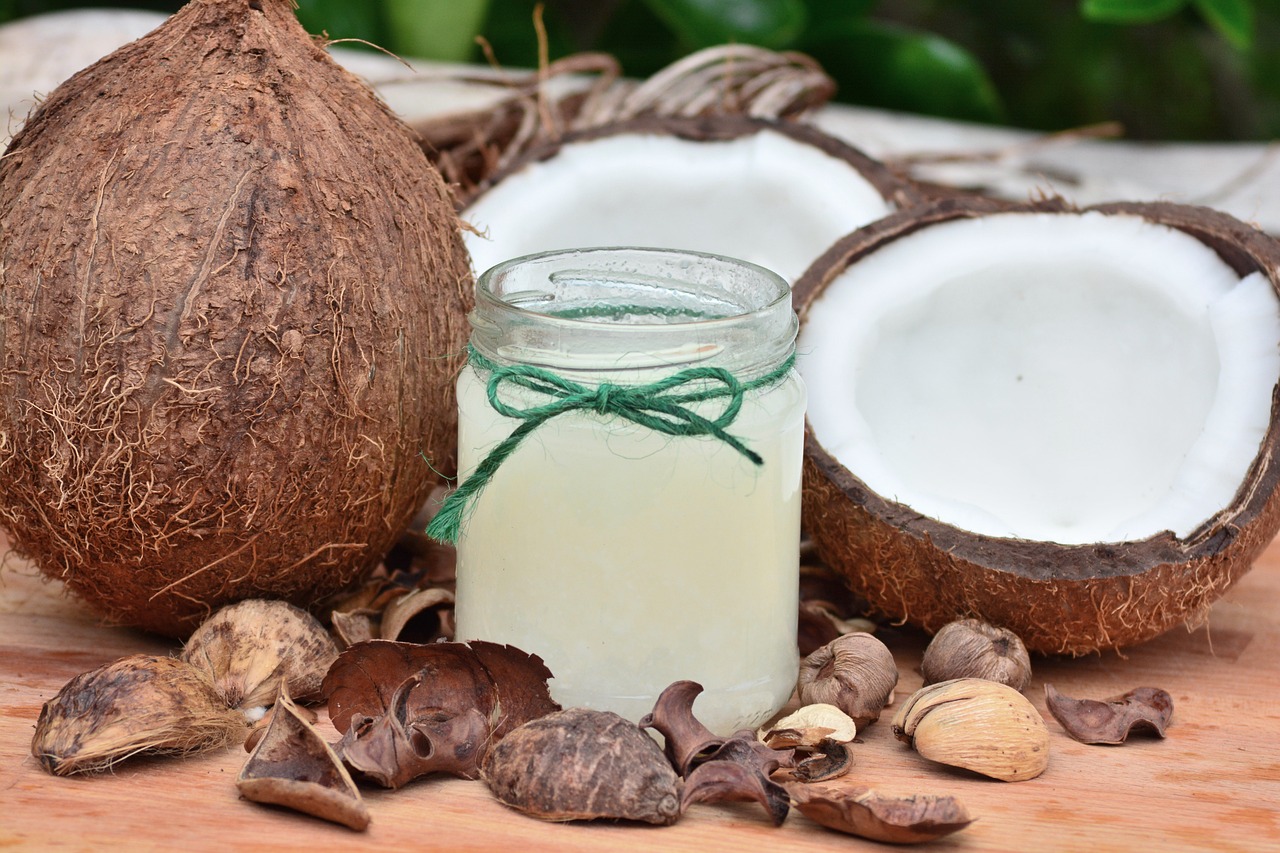“`html
In today’s fast-paced world, the desire to feel healthier, rejuvenated, and free of toxins has led many individuals to explore the concept of detox diets. Detox diets are short-term dietary programs designed to eliminate toxins from the body, improve digestion, boost energy levels, and promote weight loss. While the idea of ridding one’s body of harmful substances is appealing, it’s crucial to understand what detox diets entail, their benefits, potential drawbacks, and best practices. In this comprehensive guide, we’ll explore these aspects to help you make informed decisions about incorporating detox diets into your lifestyle.
What is a Detox Diet?
A detox diet typically involves eliminating specific foods and drinks from your diet and replacing them with wholesome, nutrient-rich options. The goal is to support your body’s natural detoxification processes, primarily carried out by the liver, kidneys, and skin. Here’s what you need to know:
Common Elements of Detox Diets
- Elimination of Processed Foods: Most detox diets advocate for the removal of refined sugars, alcohol, caffeine, and processed foods.
- Increased Fluid Intake: Hydration is vital; many detox plans encourage drinking plenty of water, herbal teas, or fresh juices.
- Focus on Whole Foods: Diets often include fruits, vegetables, whole grains, nuts, and seeds.
- Duration: Detox diets can range from a few days to several weeks, depending on the plan.
Benefits of Detox Diets
Detox diets can offer various health benefits, particularly when followed short-term. Here are some potential advantages:
Improved Digestion
- Increased fiber intake from fruits and vegetables promotes healthy bowel movements.
- Eliminating processed foods can reduce bloating and other digestive issues.
Enhanced Energy Levels
- Many individuals report feeling more energized after a detox, likely due to cleaner food sources.
- Reducing sugar and caffeine can lead to more stable energy levels throughout the day.
Weight Loss
While weight loss may not be the primary focus, detox diets often lead to:
- Reduced Caloric Intake: By cutting out high-calorie processed foods.
- Water Weight Loss: Initial weight loss is often due to decreased water retention.
Boosted Immune System
A detox diet can support your immune system by:
- Providing an abundance of vitamins and antioxidants.
- Reducing inflammatory foods that can compromise immunity.
Debunking Common Myths About Detox Diets
Despite their popularity, detox diets are often surrounded by misconceptions. Let’s clarify a few:
Myth 1: Detox Diets Are Necessary for Everyone
Reality: Our bodies are naturally equipped to detoxify, thanks to organs like the liver and kidneys. Detox diets are not universally beneficial.
Myth 2: You Will Lose Weight and Keep It Off
Reality: Weight lost during a detox may return once normal eating resumes. Sustainable weight loss requires long-term lifestyle changes.
Myth 3: Detox Diets Are Dangerous
Reality: While extreme detox diets can be harmful, most short-term detox plans are safe for healthy adults. Always consult a healthcare professional before starting any regimen.
Best Practices for a Successful Detox Diet
To maximize the benefits of a detox diet, consider implementing the following best practices:
Stay Hydrated
- Drink at least 8-10 glasses of water daily.
- Opt for herbal teas and infused waters to keep things interesting.
Plan Your Meals
Preparation is key. Include a diverse range of whole foods in your diet:
- Fruits: Apples, bananas, berries.
- Vegetables: Spinach, kale, broccoli.
- Whole grains: Quinoa, brown rice, oats.
- Nuts and seeds: Almonds, chia seeds, flaxseeds.
Listen to Your Body
Everyone’s body responds differently to detox diets. If you feel unwell, it may be time to adjust your approach.
Conclusion
A detox diet can serve as a refreshing reset for your body when approached thoughtfully. By understanding the mechanics, benefits, and misrepresentations surrounding detox diets, you can make informed choices that enhance your health and well-being. Remember, while detoxing can yield temporary benefits, the long-term keys to health lie in maintaining a balanced, nutritious diet and active lifestyle. As always, consult with a healthcare professional before embarking on any drastic dietary changes to ensure it aligns with your individual health needs.
“`



